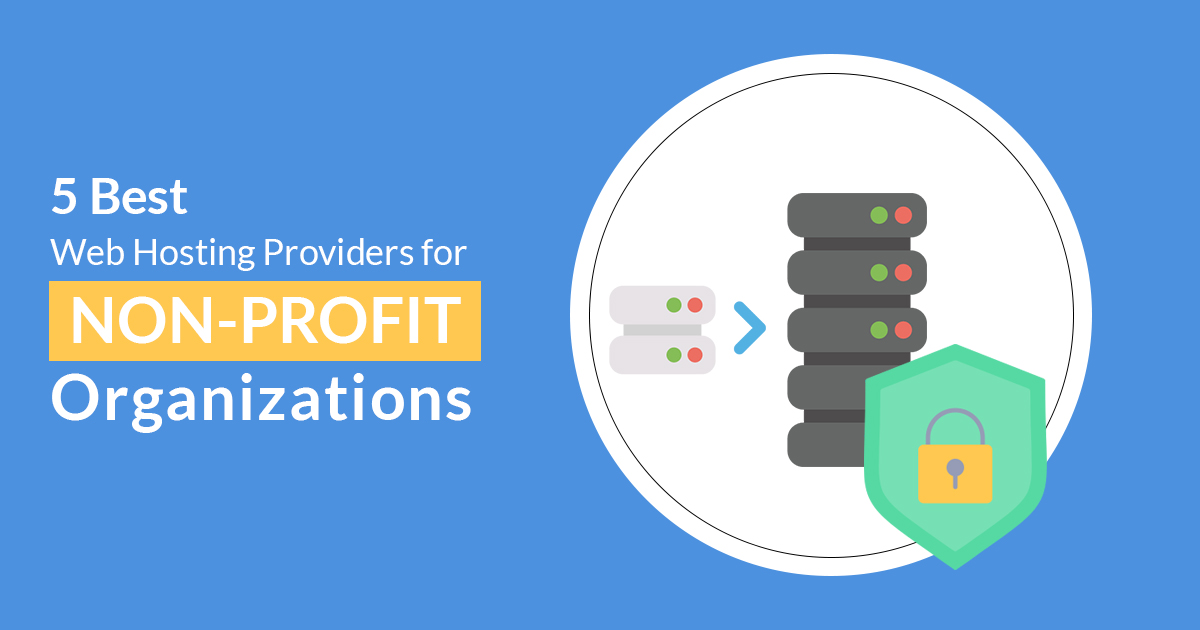Decoding the ‘Hummingbird’ Code – What Google’s New Algorithm Means to You

Recently Google announced its new search algorithm system which is able to sift through all the information at hand and come back with relevant answers. Known as ‘Hummingbird’, it is expected to be precise and fast just like its name sake and provide better search results for internet users.
How does it Work?
The latest Google Update is designed to make use of its Knowledge Graph that was introduced last year in such a way that the search engine is able to understand the correlations between concepts instead of simply making keyword matches within documents. The Knowledge Graph tool is able to structure information in such a way that a search for, let’s say, Abraham Lincoln, comes back with facts about his contribution to American politics, his personal life and other significant information that is not necessarily available on the same page.
Does this mean ‘PageRank’ Algorithm is Absolute?
PageRank is one of the 200 major elements that influence how the algorithms work. Hummingbird looks at the level of importance the link of a page are deemed to be, as well as a range of other factors such as the quality of the page, the content, etc.
How different is the Hummingbird update from the Penguin, Panda and other Updates?
Penguin, Panda and other updates introduced by Google were actually changes that were made to parts of the old algorithm. Hummingbird on the other hand is a complete replacement. Hummingbird in simple words is a brand new engine, though it is known to continue to use some features from its predecessors.
What is so new about Hummingbird?
Among the many chances brought about in search technology, ‘conversational search’ is one of the most prominent instances. This is especially helpful for individuals making voice searches through their smart phones. For example, questions ‘Where can I find Chinese food in this locality?’ or ‘How do I change my engine oil?’ no longer need to rely on the user’s ability to come up specific words such as ‘Chinese restaurants, Los Angeles’; or ‘change engine oil’.
This platform is expected to provide enhanced support that focuses on the meaning behind the word. This means that Google will actually have the ability to understand your actual location if you have shared it with it and understand the ‘Chinese restaurant’ is a brick and mortar establishment that offers a specific cuisine. With an understanding of all these meanings, it helps Google provide its users search results that are more accurate rather than simply picking pages that contain matching words.
Hasn’t Conversation Search been around for a few Months Already?
Yes and no. While conversational search has been around in concept and limited use through Knowledge Graph answers, Hummingbird facilitates its extensive use by applying this technology to billions of pages on the World Wide Web, hereby bringing excellent search results with respect to relevancy.
What does this mean for SEO?
Every time Google releases a new update, experts start panicking over a perceived end to SEO technology. As a matter of fact, SEOs and publishers need to make the least number of alterations to their strategy considering that most guidelines remain the same.
As long as SEOs, internet marketers and website owners are able to stick to high quality and original content, they will be able to continue to maintain their rankings on Google.
You may also be interested in reading :





